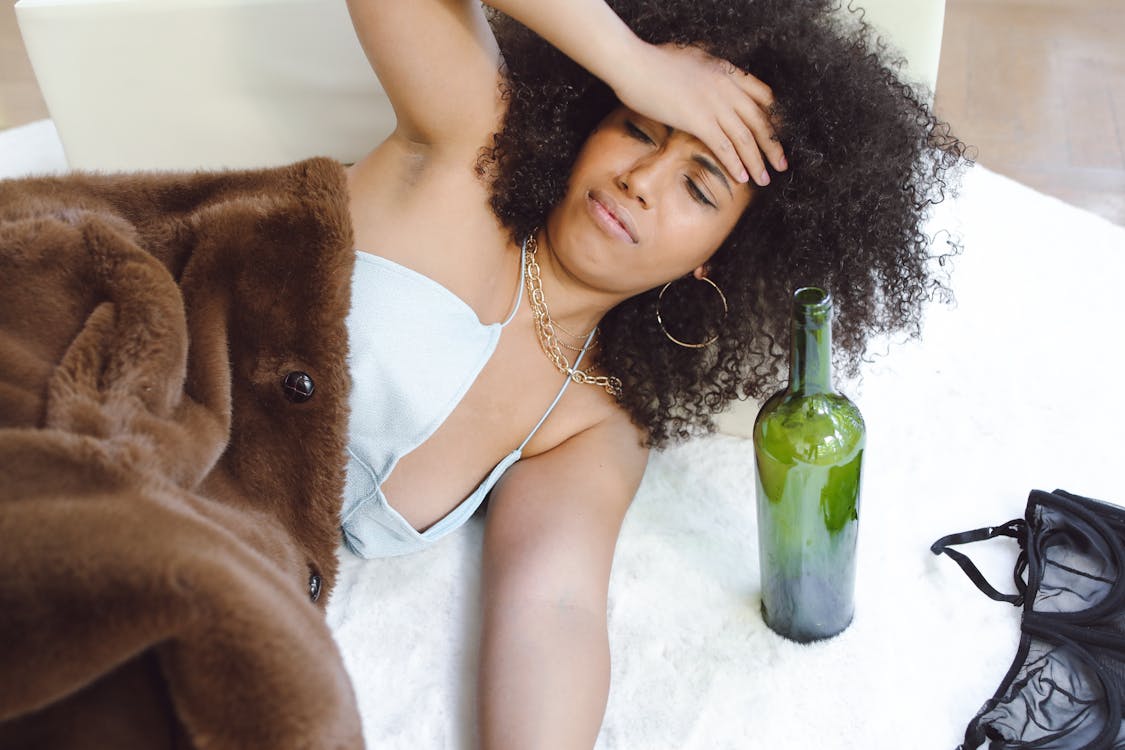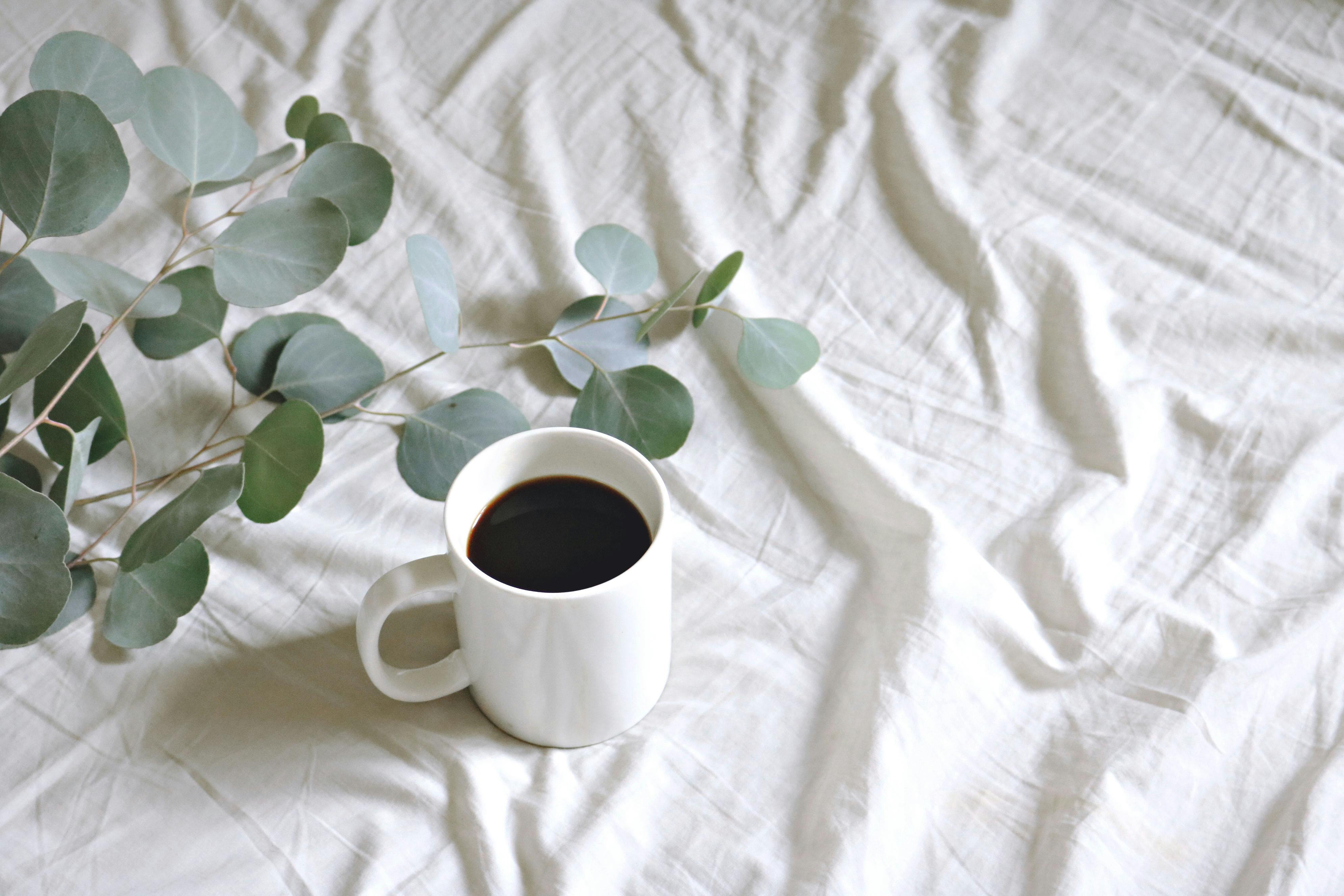
A margarita by the pool, an ice-cold beer at a barbecue on a May holiday. You could say that summer is made for having a cold drink on a hot day. But why is drinking during the day any different? And is there any way to avoid a nighttime hangover ?
Perhaps not surprisingly, there have been no robust clinical trials evaluating the health effects of daytime alcohol consumption. But psychiatrists and alcohol experts say there are some unique factors that influence the difference between daytime drinking and nighttime drinking .
little control
At night, you may be more attentive to signs that it's time to stop, such as when dinner is over. But the novelty of having an alcoholic drink in the afternoon means people don't always control how much they consume, said Akhil Anand, a psychiatrist at the Cleveland Clinic .
If you drink throughout the day and aren't necessarily aware of where to get your next snack, it also makes sense that you don't have food in your stomach to help slow down the rate at which your body absorbs the alcohol, which means you're probably that you become more intoxicated in a shorter period of time .
It's hot
Drinking when it's sunny — especially in the summer — increases your chances of becoming dehydrated, and dehydration can intensify the effects of intoxication: You may feel fatigued, lightheaded, dizzy or simply out of control, said Sarah Andrews, associate professor of psychiatry and science. of Behavior at Johns Hopkins Medicine . On a sweaty day, you can lose more fluids than you replace, which means you also lose sodium and minerals that help your body function normally. And that's in addition to the dehydrating nature of alcohol itself, which acts as a diuretic and expels fluids from your body, causing you to urinate more frequently.
The hangover can come sooner
The sooner you start drinking, the sooner that feeling of hangover with dry mouth and headache will appear. A brunch with mimosas can translate into a dinnertime hangover , said Danesh Alam, an addiction psychiatrist at Northwestern Medicine, although a hangover is more likely to start first thing the next morning, when your blood alcohol content is higher. has returned to zero. Because daytime drinking can be so dehydrating, hangover symptoms are likely to be worse, Anand said.


 The composition of ginger explains why it is so well tolerated by the human body, especially because it benefits the digestive tract thanks to gingerol, a natural chemical component of the plant.
The composition of ginger explains why it is so well tolerated by the human body, especially because it benefits the digestive tract thanks to gingerol, a natural chemical component of the plant.